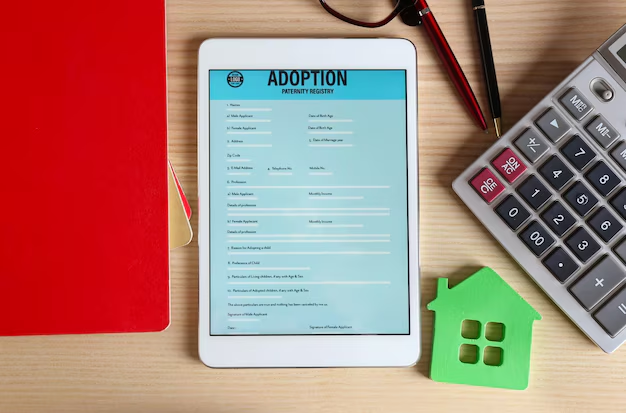What to Expect When Renting an Apartment in Today's Market
Deciding to rent an apartment is a significant milestone that comes with a mix of excitement and some financial planning. How much does an apartment cost? This simple question leads to a variety of answers, as rental prices hinge on numerous factors such as location, size, amenities, and market trends. Understanding these components can help you budget effectively and secure an apartment that meets your needs without overstretching your finances.
Factors Influencing Apartment Costs
Location: Generally, living in a city center is more expensive than in the suburbs. Cities like New York and San Francisco are notoriously pricy, with average rents for a one-bedroom apartment easily surpassing $3,000 per month. Comparably, midwestern towns and smaller cities often offer rentals at a fraction of that cost.
Size and Layout: Apartments come in various configurations, ranging from studios to multi-bedroom units. More space naturally equates to a higher price, but it's also about optimizing the space that you need.
Amenities and Features: Buildings with perks like gyms, pools, doormen, and on-site laundry facilities tend to charge more for rent. Weigh what amenities are essential versus what you can live without to find a financially viable option.
Market Conditions: The rental market ebbs and flows with the economy. During times of high demand or low inventory, prices rise. Conversely, more available units usually drive costs down.
Practical Steps to Rent Wisely
If you're feeling daunted by the thought of high rents, don’t worry—there are concrete strategies to manage costs:
Budgeting Smartly: Before searching, determine your budget. A common rule of thumb is to keep rent at around 30% of your monthly income.
Exploring Alternatives: Consider roommates to share costs, or look into co-living spaces which offer private rooms but shared common areas.
Negotiating Rent: Don’t hesitate to discuss lease terms with landlords. In a competitive market, a longer lease term could sweeten the pot for both parties, potentially leading to reduced rent.
Spotlight on Financial Assistance Programs
High rent should not deter you from obtaining a suitable living space. Various financial support options are available:
Government Aid: Federal programs like Section 8 provide housing vouchers for lower-income individuals or families, offsetting a substantial part of the rent.
Local Schemes and Non-Profits: Many cities offer local rental assistance, sometimes in partnership with charitable organizations.
Financial Tools & Solutions: Explore credit card solutions with introductory 0% APR periods, allowing you to cover upfront costs like deposits or first month's rent without immediate interest.
Debt Relief and Management: Consider debt consolidation loans if high-interest debts are preventing you from meeting rental obligations comfortably.
Summary of Financial Assistance Resources
- 💰 Section 8 Housing Vouchers: Low-income assistance for reducing rent burden.
- 🏠 Local Rental Assistance Programs: Community-based efforts to help with deposit and rental costs.
- 💳 Credit Card Offers: Introductory 0% APR for managing initial apartment expenses.
- 📉 Debt Consolidation Options: Streamline debt payments to improve cash flow.
- 🚀 Educational Grants: If you're a student or recent graduate, explore education-related loans and grants, which might ease housing budgets.
Navigating the rental market involves more than just finding a desirable neighborhood; it requires strategic financial planning and smart resource utilization. With the right approach, you can secure the perfect apartment without breaking the bank.

